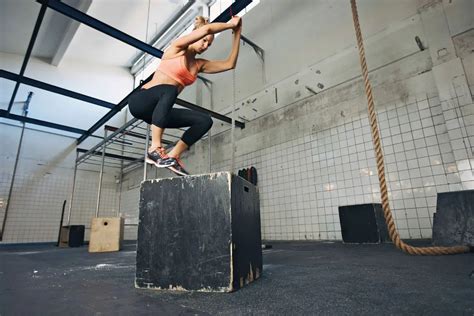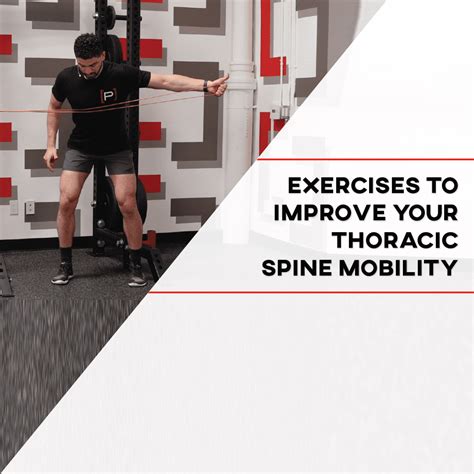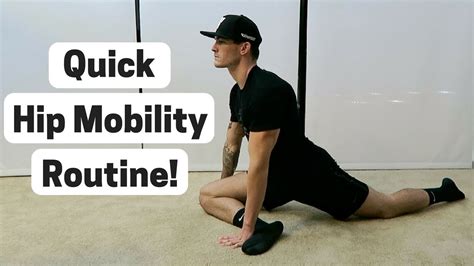5 Ways To Improve Mobility

As we age, our mobility can become limited, making everyday activities a challenge. However, with the right approach, it's possible to improve mobility and maintain independence. In this article, we'll explore five ways to enhance mobility, from exercises and stretches to lifestyle changes and assistive devices. Whether you're looking to improve your overall health or address specific mobility issues, these strategies can help.
Key Points
- Regular exercise, such as yoga or tai chi, can improve flexibility and balance
- Strengthening core muscles through exercises like planks and bridges can enhance stability
- Assistive devices, like canes or walkers, can provide support and confidence
- Lifestyle changes, including weight management and stress reduction, can positively impact mobility
- Physical therapy and professional guidance can help address specific mobility challenges
Understanding Mobility and Its Importance

Mobility refers to the ability to move freely and easily, performing daily tasks without difficulty. It’s essential for maintaining independence, preventing falls, and overall health. As we age, our mobility can be affected by various factors, including muscle weakness, joint pain, and chronic conditions like arthritis. By understanding the importance of mobility and taking proactive steps, we can improve our overall quality of life.
1. Exercise and Stretching
Regular exercise is crucial for improving mobility. Activities like yoga, tai chi, and Pilates can help increase flexibility, balance, and strength. These exercises can be modified to suit different fitness levels and mobility needs. For example, chair yoga is an excellent option for those with limited mobility, as it allows for gentle stretching and movement while seated. Additionally, exercises that target core muscles, such as planks and bridges, can enhance stability and reduce the risk of falls.
| Exercise | Benefits |
|---|---|
| Yoga | Improves flexibility, balance, and strength |
| Tai Chi | Enhances balance, coordination, and overall mobility |
| Pilates | Increases core strength, flexibility, and body awareness |

2. Assistive Devices
Assistive devices, such as canes, walkers, and wheelchairs, can provide support and confidence for individuals with mobility issues. These devices can help reduce the risk of falls, improve balance, and enhance overall mobility. When selecting an assistive device, it’s essential to consider individual needs and preferences, as well as seek professional guidance to ensure proper fit and use.
Lifestyle Changes for Improved Mobility

In addition to exercise and assistive devices, lifestyle changes can significantly impact mobility. Maintaining a healthy weight, reducing stress, and getting enough sleep are all crucial for overall health and mobility. A balanced diet rich in essential nutrients, such as vitamin D and omega-3 fatty acids, can also support joint health and reduce inflammation.
3. Weight Management
Excess weight can put additional stress on joints, leading to mobility issues. Maintaining a healthy weight through a combination of diet and exercise can help reduce joint pain and improve mobility. Even small weight losses can have a significant impact, so it’s essential to set realistic goals and work towards gradual, sustainable weight management.
4. Stress Reduction
Chronic stress can exacerbate mobility issues, as it can lead to muscle tension, pain, and inflammation. Engaging in stress-reducing activities, such as meditation, deep breathing, or yoga, can help alleviate stress and promote relaxation. These activities can also improve overall well-being and enhance mobility.
5. Physical Therapy and Professional Guidance
Physical therapy and professional guidance can be invaluable for individuals with mobility issues. A physical therapist can help develop a personalized exercise program, provide guidance on assistive devices, and offer strategies for improving mobility and reducing pain. By working with a healthcare professional, individuals can address specific mobility challenges and develop a comprehensive plan for improved mobility and overall health.
What are the most effective exercises for improving mobility?
+Exercises like yoga, tai chi, and Pilates are excellent for improving mobility, as they increase flexibility, balance, and strength. Additionally, exercises that target core muscles, such as planks and bridges, can enhance stability and reduce the risk of falls.
How can I choose the right assistive device for my mobility needs?
+When selecting an assistive device, consider factors like weight, adjustability, and ergonomics. It's essential to seek professional guidance to ensure proper fit and use. Additionally, consider your individual needs and preferences, such as the type of activities you'll be using the device for and the level of support required.
What lifestyle changes can I make to improve my mobility?
+Maintaining a healthy weight, reducing stress, and getting enough sleep are all crucial for overall health and mobility. A balanced diet rich in essential nutrients, such as vitamin D and omega-3 fatty acids, can also support joint health and reduce inflammation.
In conclusion, improving mobility requires a comprehensive approach that incorporates exercise, lifestyle changes, and assistive devices. By understanding the importance of mobility and taking proactive steps, individuals can enhance their overall quality of life, reduce the risk of falls, and maintain independence. Whether you’re looking to improve your overall health or address specific mobility issues, the strategies outlined in this article can help you achieve your goals and live a more active, mobile life.



